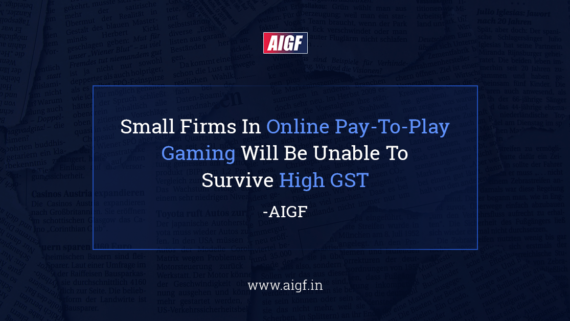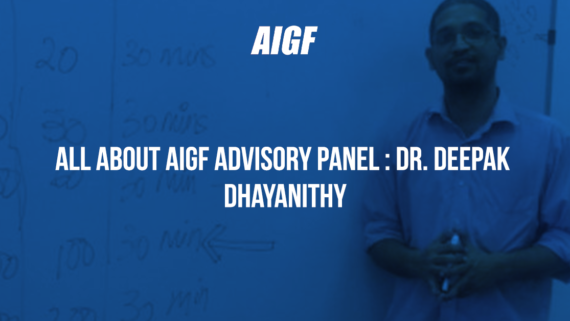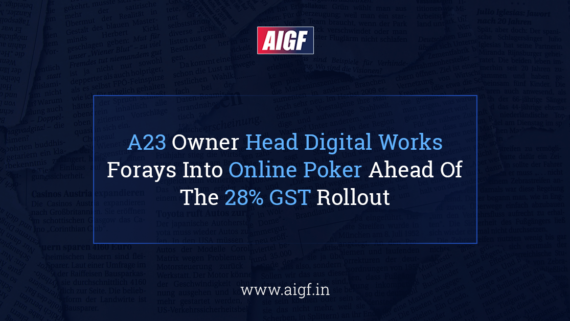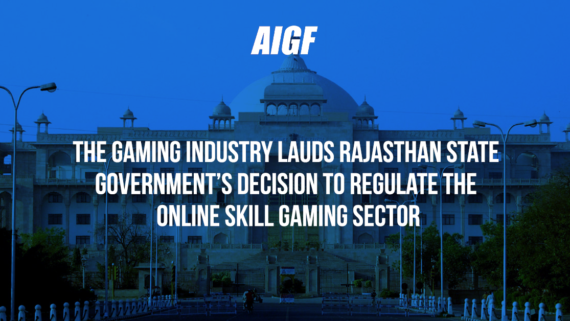Online games work either on the ‘rake fee’ model wherein the gaming stage charges a rake fee for working with the play of games or ‘freemium’ models wherein the gameplay is free yet extra highlights might require the users to buy certain things at a financial cost. A rational imposition of Goods and Services Tax (‘GST’) is significant for supporting this industry, the report said.
Online Gaming Seeks Clarity On Taxation
India is the fifth-biggest market for online gaming, a billion-dollar industry that could twofold to $2 billion in the country by 2023. In any case, the view of online gaming hasn’t generally been positive and strategies, as well, have on occasion neutralized the area.
For example, Tamil Nadu had as of late corrected the Tamil Nadu Gaming Act to boycott the playing of online games like rummy and poker with stakes. The Madras High Court struck down, however, recently. The industry has now come out with a report to present a defense for itself and set forth the question of taxing the business. Given the commitment to monetary turn of events and occupation creation that are in question, an arrangement of the government’s strategies with globally acknowledged acts of taxing online gaming is essential, it says.
In May, the GST Council set up a gathering of ministers to investigate the valuation of taxable services offered by online gaming firms. The gathering is set to submit suggestions to the board within a half year.
“The very reality that online skill gaming has been considered for GST valuation by the tax specialists is confirmation that we’ve done a ton of work in the previous three-and-a-half years,” says Roland Landers, CEO of AIGF.
Considering the development possibilities of the Industry, the report additionally analyses the GST suggestions and obstructions that might affect the business operations for the industry. It said that the tax rate ought not to surpass 20%, as this can bring about the gaming administrators just as buyers to not join the licensing system of the government and entering the grey market.
Online games work either on the ‘rake fee’ model wherein the gaming stage charges a rake fee for working with the play of games or ‘freemium’ models wherein the gameplay is free yet extra highlights might require the users to buy certain things at a financial cost. A rational imposition of Goods and Services Tax (‘GST’) is significant for supporting this industry, the report said.
A greater part of nations charges the online gaming industry at or underneath standard GST/VAT rates. The most well-known method of taxing depends on the rake fee (stage fee) procured by the industry players in markets like the US, UK, and EU nations (aside from France). In certain nations (like South Africa, Singapore, and Australia), a considered credit model is followed where tax is charged on whole stake value (wagers) while permitting considered derivation on payout (rewards) made to players.
“The valuation questions under GST law have been a dampener to the industry. It is important to feature that regressive tax collection from these arising sectors may just make the business unsuitable in India. We propose that the tax specialists ought to adjust their strategies to universally acknowledged standards of taxing the online gaming sector and give conviction to the industry,” said Roland Landers, CEO, All India Gaming Federation.











Comments
Comments are closed.